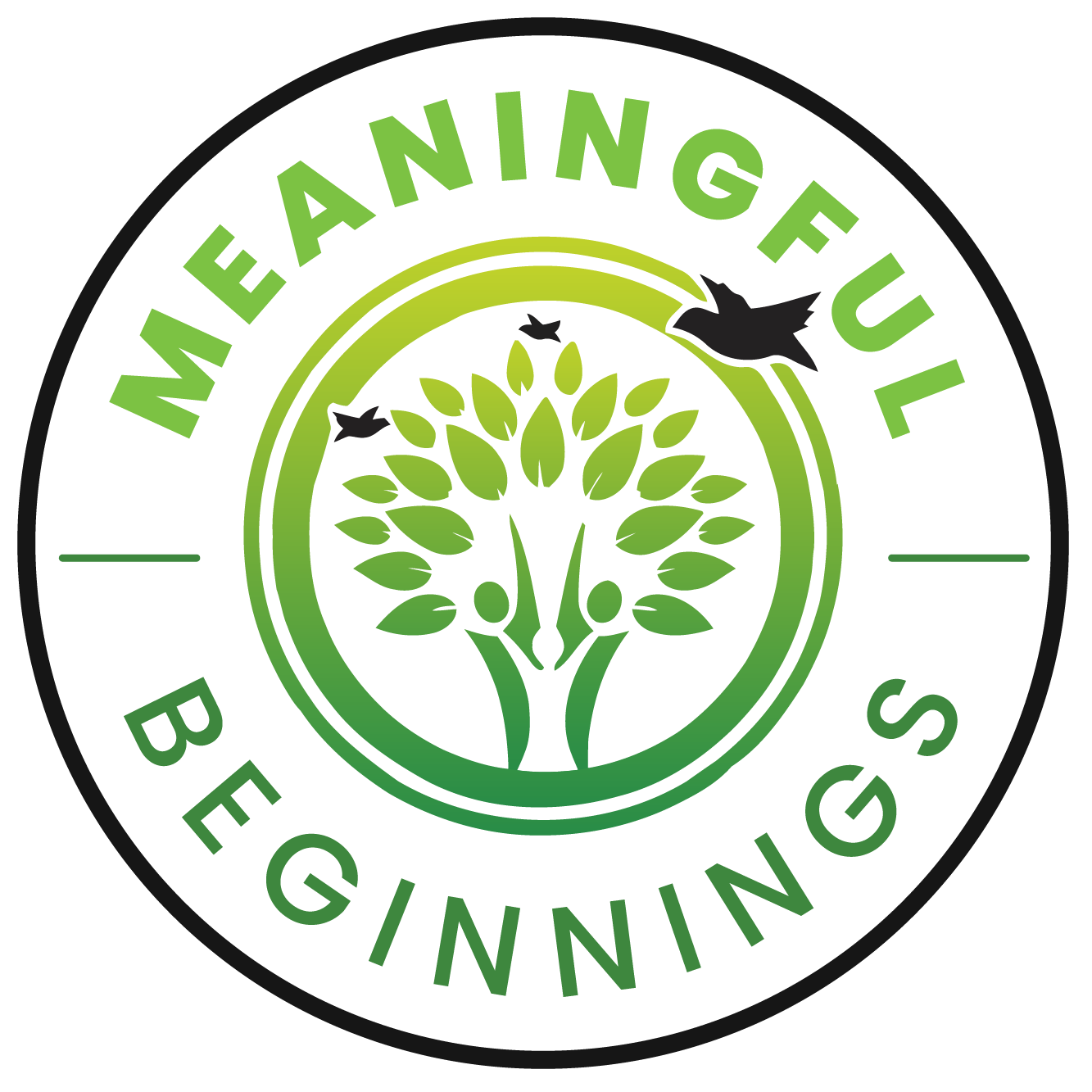Postpartum depression is a kind of mood disorder that affects some people after giving birth. It can cause symptoms such as sadness, anxiety, guilt, fatigue, and difficulty bonding with the baby. Someone’s proper support works well to reduce this postpartum depression.
Both the individual and their family’s well-being may be harmed by postpartum depression. Even, it can last 3-6 months. Thus, it’s critical to identify the symptoms of postpartum depression and provide assistance and support to those who are experiencing it.
Here, we will discuss how to identify postpartum depression and provide ten ways to help someone cope with it. This will help you save your loved one a lot.
How Do You Identify Signs of Postpartum Depression in Someone?
Some people have postpartum depression, a kind of mood illness, following childbirth. It may result in feelings including sadness, anxiety, guilt, exhaustion, and trouble bonding with the baby.
As a result, it’s important to identify postpartum depression symptoms and provide support and assistance to those who are experiencing it. Some of the common symptoms of postpartum depression are:
- Feeling depressed or hopeless for most of the day
- Weeping more frequently than usual or for no apparent cause
- Losing interest in or enjoyment of once-enjoyable activities
- Having trouble sleeping, eating, or concentrating
- Feeling angry, irritable, or restless
- Feeling guilty, worthless, or ashamed
- Considering hurting oneself or the child
- Having trouble bonding with or caring for the baby
- Withdrawing from family and friends
- Having severe anxiety or panic attacks
These signs may vary from person to person and may not appear right away. Some people may experience postpartum depression during pregnancy, while others may develop it weeks or months after giving birth. It’s essential to get professional assistance as soon as possible if you or someone you know is exhibiting any of these symptoms. Besides, you should give proper support to overcome this situation.
10 Ways to Help Someone with Postpartum Depression
Postpartum depression may be a lonely and difficult experience for new mothers. They may feel overwhelmed, hopeless, or guilty about their condition. They may also struggle mentally to cope with the demands of caring for a newborn. If you know someone who is suffering from postpartum depression, you may wonder how you can help them. Here are ten ways to support someone with postpartum depression:
1. Listen Carefully to Her Feelings

One of the best ways to help someone with postpartum depression is to listen to them without judging, interrupting, or offering advice. Let them express their emotions and thoughts freely and show empathy and compassion. You should validate their feelings and let them know they are not alone.
2. Let Her Know That Her Feelings Are True
Postpartum depression is not a sign of weakness, failure, or bad parenting. It is a natural and treatable medical condition that affects many new mothers. Do not dismiss, minimize, or blame her for her feelings. Instead, it would help if you reassured her that she was not crazy and her feelings were valid. It’s a massive support for them
3. Tell Her You Want to Assist Her as Well
Sometimes, new mothers may feel guilty or ashamed to ask for help. They may think that they have to do everything by themselves. Sometimes, they feel that they are burdening others with their problems. In this situation, you should tell her you want to help and are there for her. Ask her what she needs, and offer specific ways to assist her.
4. Provide Assistance Without Waiting for Her to Request
Another way to help someone with postpartum depression is to provide practical assistance without waiting for her to ask. You can help with daily tasks and responsibilities, such as cooking, cleaning, shopping, or running errands. You can also offer to help with childcare. This can give her time to rest, relax, or do something for herself.
5. Assisting With Daily Tasks And Responsibilities
Postpartum depression can make new mothers feel overwhelmed and exhausted by the daily tasks and responsibilities of caring for a newborn and a household. You can help them by taking some of the burden off their shoulders and helping them with chores such as cooking, cleaning, and shopping. This can give them some relief and reduce their stress levels.
6. Offer to Help with Childcare
Postpartum depression may affect new mothers’ capacity to care for and bond with their infants. They may feel detached, resentful, or inadequate as parents. They may also struggle to cope with the demands of feeding, changing, or soothing the baby. You can help them by offering to help with childcare. For this, they can have some time to rest. At this time, they can recharge their energy and improve their mood and confidence.
7. Supporting a Healthy Lifestyle
Postpartum depression can affect the physical and mental health of new mothers. You can help them by supporting a healthy lifestyle. You can encourage them to eat well, exercise, and get enough sleep. Besides, you can also help them avoid alcohol, drugs, or caffeine, which can worsen their mood and symptoms. Additionally, you can also join them in healthy activities, such as walking, yoga, or meditation.
8. Invite Her Out of Her House
New mothers feel isolated and lonely due to postpartum depression. They may lose interest in socializing or going out. You can help them by inviting them out of their house and providing them with some company and support. Along with this, you can suggest fun, relaxing, or enjoyable activities, such as going to a park, movie, coffee shop, or spa. You can also invite them to join a support group, a class, or a hobby they like.
9. Assist Her in Finding Postpartum Depression Support Resources
Controlling postpartum depression on your own can be tough. You can help someone with postpartum depression by assisting them in finding professional help and support resources. You can help them find a therapist, a counselor, a doctor, or a psychiatrist who specializes in postpartum depression. It’s important to accompany them to their appointments or follow up on their progress to ensure they receive the necessary care.
10. Encouraging Professional Help
The most effective way to treat postpartum depression is to seek professional help. However, some new mothers may be reluctant or afraid to do so. They may think they can handle it independently or will be judged or stigmatized. You can help them by encouraging them to seek professional help and reassuring them that it is a normal thing to do. This will help them overcome any barriers or fears that may prevent them from getting help.
Final Discussion
Postpartum depression is a serious and common condition that affects many new mothers and their families. It can cause various emotional and physical symptoms that can interfere with the well-being and functioning of the person and their baby.
So, it’s critical to identify the symptoms of postpartum depression and provide assistance and support to those who are experiencing it. Here are ten suggestions for supporting someone who is experiencing postpartum depression: listen, validate, assist, support, invite, and encourage. We hope this has been informative and helpful for anyone who wants to help someone experiencing it.








